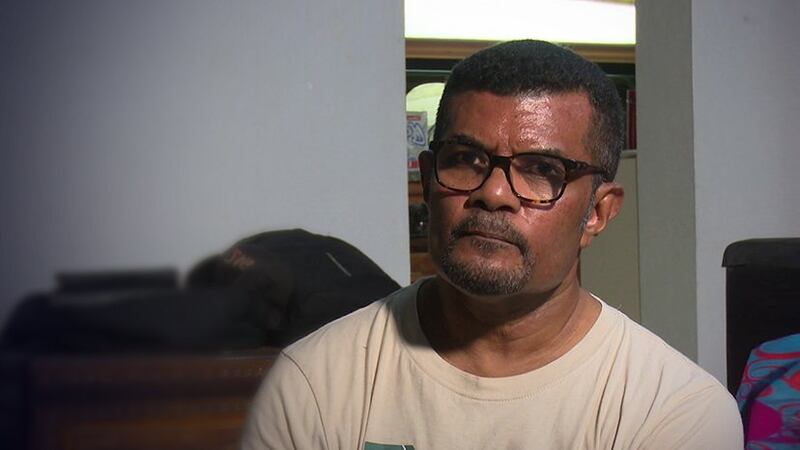A former Oranga Tamariki social worker has returned to his home in Fiji in the hope of strengthening the social service workforce in his homeland.
But despite the needs being different, he says his experience in te ao Māori is what guides his practice and he finds solace in the sharing of indigenous knowledge for his community.
After 40-plus years living in Aotearoa, Soro Ramacake and his whānau are now readjusting to island life. Although he and his whānau miss Aotearoa, the move back to Fiji means his two sons get to experience life in Fiji with their whānau.
“I hoki mai au ki te mahi ki roto o Fiji he kaupapa pai ki a au no Aotearoa ki Fiji me te whakakaha o tātou whanaungatanga.”
“I came back to work in Fiji. Something I find good is strengthening the connections between Aotearoa and Fiji.”
He's taken up a role at the University of South Pacific in Suva as assistant lecturer in social work, social policy and counselling. A former social worker for Ngāpuhi Iwi Social Services and Oranga Tamariki, it was there that his passion for helping whānau began. He immersed himself in the Māori way of life, in the Ngāpuhi way of life.
“Not only working with Ngāpuhi but also within Oranga Tamariki, the professionalism, and working to ethics working to guidelines, working to policies that dictate and guide what we do and inform how we practice. Those are the things that I've brought back to Fiji,” he said.
He says his immersion in te ao Māori expanded his knowledge and the role Māori knowledge plays in social work- something he describes as difficult to include in the social work course at USP given that the students are from all across Pacific Nations.
“There isn't a bicultural element to practise in Fiji as it is in New Zealand. There it's clear cut around honouring Te Tiriti and the responsibility of both partners but here it's honouring each other and a multicultural perspective.”
He’s still passionate about his mahi whether in Aotearoa or in Fiji.
“Ki a au, ngā whanaungatanga, me te mahi manaaki, tautoko ki ngā whānau, ki ngā tamariki katoa.”
“For me it's about togetherness, care and support for families and their children,” he said.

